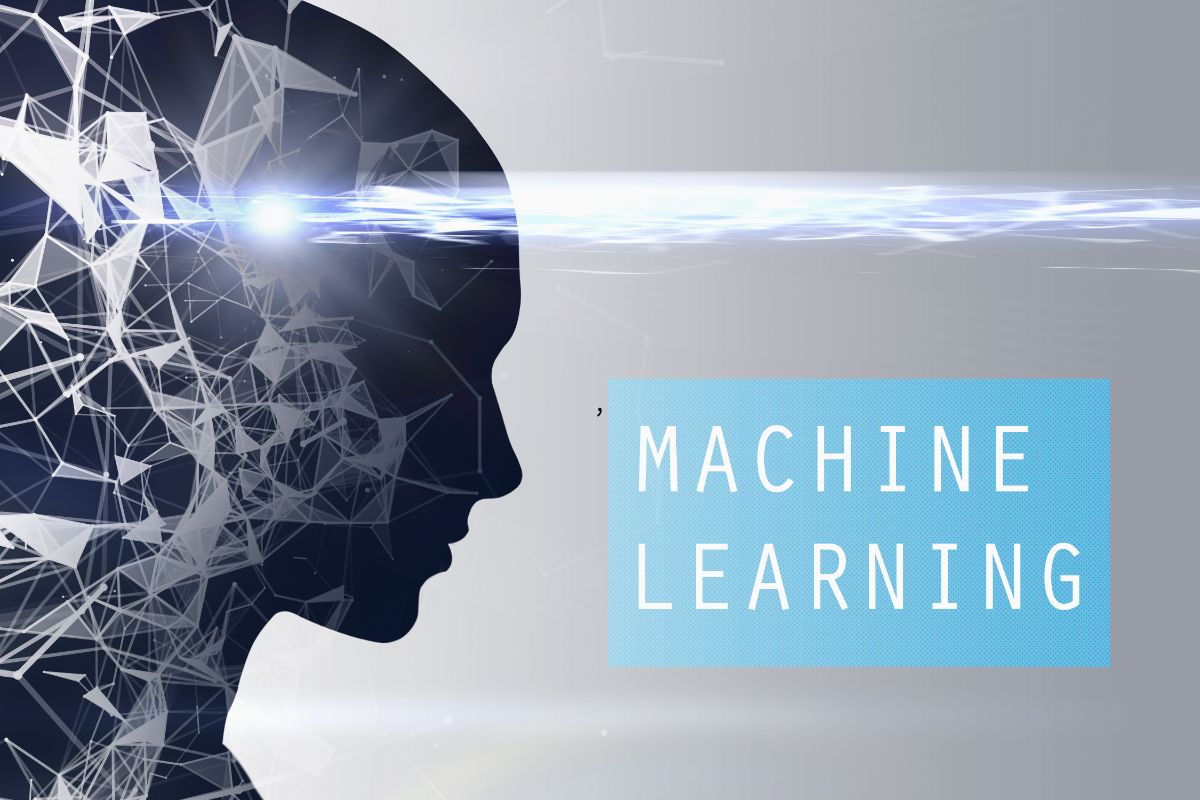Is Machine Learning Hard? Myths vs Reality

Machine learning (ML) is one of the most talked-about topics in tech today. You’ve probably heard about it in various contexts, from self-driving cars to recommendation systems on Netflix. But when it comes to learning machine learning, a common question arises: Is machine learning hard?
In this article, we’ll dive deep into the myths and realities surrounding machine learning to help you understand what it takes to get started. Whether you’re considering a career in ML or simply curious about it, this guide will clarify the facts and break down the barriers that often discourage beginners.
1. The Myth: Machine Learning is Only for Mathematicians
One of the most common myths about machine learning is that it’s only for those with deep mathematical and statistical knowledge. While it’s true that mathematics plays a role, it’s not the only aspect to focus on.
Reality: Practical Application Over Pure Theory
You don’t need to be a mathematician to start learning machine learning. The real-world application of ML models often relies more on programming skills and data handling than raw mathematical theory. As long as you have a basic understanding of algorithms and some statistical concepts, you can get started with machine learning.
Here’s how you can begin:
- Learn Python, as it’s the go-to language for machine learning.
- Familiarise yourself with libraries such as NumPy, Pandas, Scikit-learn, and TensorFlow.
- Focus on applying machine learning algorithms to real-world problems rather than diving too deep into complex equations right away.
2. The Myth: Machine Learning Requires Years of Study
Another misconception is that machine learning is so complex that it requires years of studying before you can even build a basic model. This myth discourages many beginners from even trying.
Reality: You Can Start in a Few Months
While mastering ML might take years, you can get started within a few months. With dedicated effort, it’s possible to:
- Build simple models.
- Understand key algorithms like linear regression and decision trees.
- Apply ML concepts to solve practical problems in a short time.
Platforms like Coursera, Udemy, and Kaggle offer beginner-friendly courses where you can learn ML concepts step-by-step. With the right resources and a clear focus, you’ll be up and running with your first machine learning models in no time.
3. The Myth: Machine Learning Always Works Perfectly
Some people believe that once an ML model is built, it will always function flawlessly. This can lead to frustration when models don’t perform as expected.
Reality: Trial and Error is Part of the Process
In machine learning, results aren’t always guaranteed on the first try. Many factors affect the performance of your model, such as:
- The quality of data.
- Feature selection.
- Hyperparameter tuning.
Expecting instant success without tweaking your model is unrealistic. ML is a process of continuous experimentation, improvement, and learning from failure. But that’s where the magic happens—each iteration brings you closer to a better solution.
4. The Myth: Machine Learning is Just About Algorithms

Algorithms are central to machine learning, but they are just one part of the equation. It’s a common belief that ML is all about applying complex algorithms to data, and that’s all there is to it.
Reality: Data is King in Machine Learning
The most crucial aspect of machine learning is the data. Even the best algorithms can’t produce good results if the data is poor. The truth is, data preprocessing takes up a significant portion of the work in machine learning.
- Cleaning data: Handling missing or incorrect data.
- Feature engineering: Creating meaningful features from raw data.
- Splitting data: Dividing data into training and test sets.
A good model starts with good data. Therefore, developing your skills in data manipulation, visualisation, and cleaning is just as crucial as understanding machine learning algorithms.
5. The Myth: Machine Learning Is Only for Techies
It’s easy to assume that only people with deep technical skills can dive into machine learning. However, this myth leaves out a considerable part of the machine learning community.
Reality: Machine Learning is for Everyone
Machine learning is increasingly becoming more accessible to people from diverse backgrounds. With the rise of low-code platforms and pre-built models, you don’t always need extensive coding knowledge to work with ML.
If you’re not from a technical background, you can still:
- Use Google AutoML or IBM Watson to build custom models.
- Learn the basics of ML through accessible courses.
- Apply ML concepts to various industries like healthcare, marketing, or finance.
Machine learning is not limited to tech professionals—it’s a tool that can empower anyone to make data-driven decisions and solve problems efficiently.
6. The Myth: Machine Learning Requires Huge Datasets
A common misconception is that machine learning requires massive datasets, which can be intimidating if you don’t have access to them.
Reality: Small Datasets Can Work Too
While large datasets do provide better results, machine learning can work with small datasets as well. Techniques like transfer learning and data augmentation allow models to learn from limited data. Additionally, simpler models can still produce meaningful insights from smaller datasets.
For example, if you’re building a model for a niche market or small business, you can still gather valuable insights from your data, even if it’s not huge. Focus on what you can do with the available data rather than waiting for large-scale datasets.
7. The Myth: Machine Learning Doesn’t Have Real-World Applications
You might have heard people say that machine learning is too theoretical to have real-world applications. This myth makes it seem like ML is an abstract concept that doesn’t impact our daily lives.
Reality: Machine Learning Powers Modern Technology

The reality is, machine learning is embedded in almost everything we do today. From recommending products on Amazon to identifying diseases in medical scans, ML is transforming industries. Here are some real-world applications of machine learning:
- Healthcare: Predicting patient outcomes, diagnosing diseases.
- Finance: Fraud detection, credit scoring.
- Retail: Personalised recommendations, demand forecasting.
- Transportation: Self-driving cars, route optimisation.
The opportunities for applying machine learning are endless, and its relevance continues to grow.
Conclusion
So, is machine learning hard? The truth is, while it has its challenges, it’s not as daunting as many myths make it out to be. Whether you’re a beginner or looking to enhance your skills, machine learning is an exciting and accessible field to explore. The key to success lies in focusing on practical application, learning at your own pace, and never being afraid to experiment and fail.
If you’re willing to put in the effort, machine learning can be both a rewarding and transformative skill to add to your toolkit. So, get started today, and unlock the endless possibilities that ML offers!
FAQs
1. Is machine learning hard for beginners?
Machine learning can seem daunting at first, but with the right resources and determination, beginners can learn it at their own pace.
2. How long does it take to learn machine learning?
The time varies depending on your background, but most beginners can start building models in a few months with consistent practice.
3. Do I need to be good at math to learn machine learning?
While math is helpful, it’s not a barrier. Basic understanding of algorithms and data structures, along with programming skills, is more crucial.
4. Can I learn machine learning without a tech background?
Absolutely! Many people from non-technical fields successfully learn machine learning by using accessible tools and platforms.
5. Do I need big data to build machine learning models?
No, machine learning models can work with smaller datasets, especially when using techniques like transfer learning and data augmentation.
6. What are the best tools for learning machine learning?
Python, Scikit-learn, TensorFlow, and Keras are great tools for beginners. Many online courses also provide step-by-step instructions using these tools.
7. Can machine learning be applied outside tech industries?
Yes, machine learning is used in various industries, including healthcare, finance, and retail, offering vast applications for business growth and innovation.







